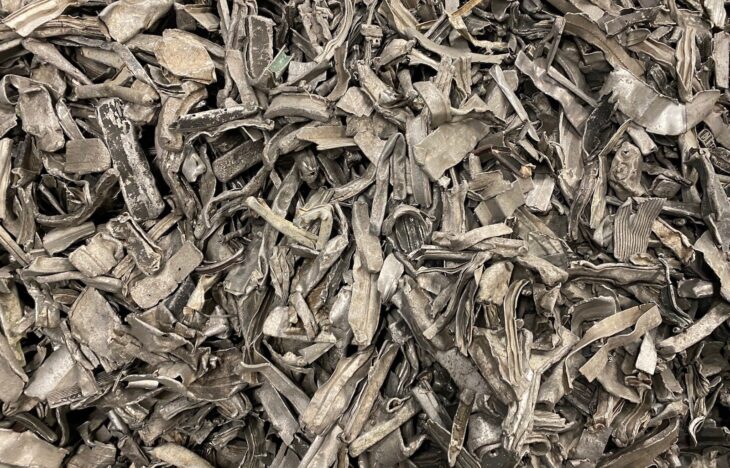Novelis Inc. formed a strategic partnership with Sortera Alloys, Inc., an innovative industrial scrap metal sorting and recycling company based in Fort Wayne, IN. Under the agreement, Novelis will take advantage of Sortera’s advanced sorting technologies, including machine learning data analytics and advanced sensors, to recycle and re-use higher amounts of both production and post-consumer scrap from the automotive industry.
“Our partnership with Sortera will allow Novelis to continue to increase the amount of recycled content in our automotive alloys and subsequently reduce our carbon footprint,” said Derek Prichett, senior vice president, Corporate Development at Novelis. “It also aligns with our goal of becoming a fully circular business, as we will be able to keep more automotive aluminum in our supply chain and re-direct it back into the same products.”
Scrap that is produced from an automakers’ stamping process or that is collected after a vehicle is disposed of at the end of its lifecycle is often placed together in a single scrap mix. Once it has been mixed the scrap cannot be easily separated into the individual alloys. As a result, the higher value alloys are often downgraded and used in lower value applications.
With the use of the Sortera technology, Novelis aims to effectively separate the mixed scrap into individual alloys and recycle them back into the same product, closing the loop. This will allow the company to meet automotive and OEMs’ exacting needs for performance, durability, safety, and design.
“We are thrilled to work with Novelis, the global leader in sustainable aluminum solutions,” said Michael Siemer, CEO, Sortera Alloys. “Together with existing investors like Chrysalix and Breakthrough Energy Ventures, and now Novelis, we are poised to disrupt the global aluminum recycling space while cutting global emissions and driving a more sustainable industry.”
This partnership also supports Novelis’ sustainability goals to reduce its carbon footprint by 30% by 2026 and to be carbon neutral by 2050 or sooner. Using recycled aluminum as input material requires approximately 5% of the energy used to make primary aluminum, thus avoiding approximately 95% of the carbon emissions associated with primary production.

